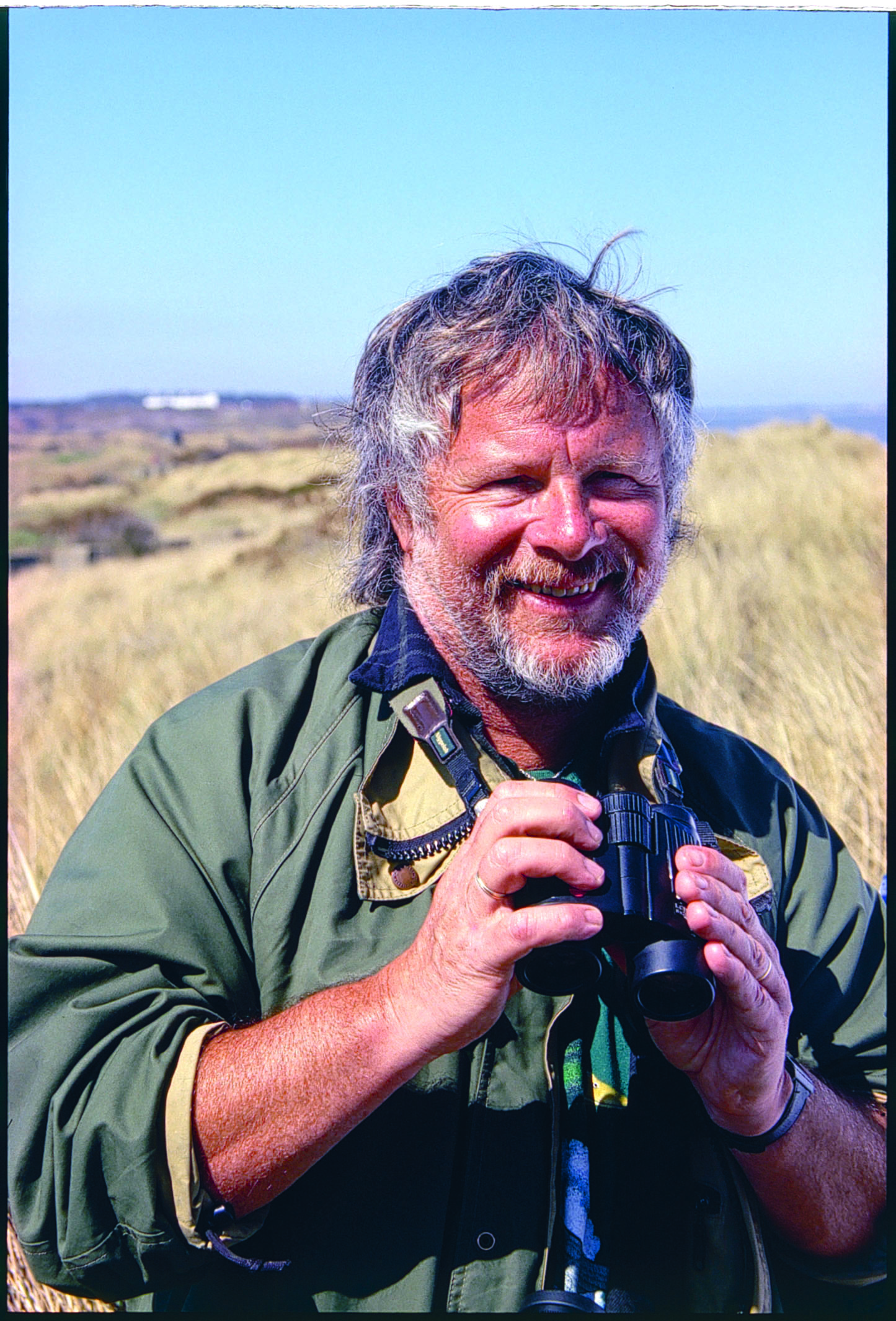The difficulty with dinosaurs is that, for some people, they represent an inconvenient truth.
In 2005, I presented a two-part documentary for the BBC called The Truth About Killer Dinosaurs. Most of it was filmed in a hanger for crash-testing cars, which we used for crash-testing dinosaurs.
One experiment involved propelling the model head of a triceratops into a wall until its skull shattered and its horns fell off, to assess whether charging head-to-head with another dinosaur would have had the same effect. (It would.)
The budget for the programmes also extended to three days in Texas. I was excited by the prospect of seeing some new birds there, but it wasn’t going to happen while we were buzzing along the freeway at 60mph. I had to think of a plan.
“Nature calls!” I announced.
“Okay – but don’t be long!” ordered our producer.
Dinosaur Valley
An hour later, I was stalking a lark sparrow – a new species for me – when I was reminded of the reason why we had chosen Texas. My binoculars followed the bird into a riverbed, where I noticed that what I’d assumed to be pebbles were all shell-shaped.
They were, in fact, shells. Or they had been, a long, long time ago.
The more I looked, the more I found: cockle fossils, mussel fossils, little fossils, big fossils. We were, of course, in Dinosaur Valley.
Most astonishing of all were the enormous footprints that looked as though they had been stencilled overnight. This place had been a prehistoric watering hole, and I was literally following in the dinosaurs’ footsteps.
We left the area astonished by what we had seen and delighted with what we had filmed – incontrovertible evidence that life on Earth was once so different from today, yet similar, too. Evidence of evolution, no less.
Curious contrast
As we returned to the Valley’s main gateway, I veered towards a building made of white wooden slats. As I approached the door I realised that it was no information centre or gift shop but a church, and clearly one of the fundamentalist Christian persuasion.
A strange juxtaposition, I thought: evidence of evolution lying right next to a congregation that didn’t believe in it.
Still, the show had to go on, with a sequence about velociraptors – inevitable in a programme about ‘killer dinosaurs’. Were they really as fearsome as those in Jurassic Park?
Probably not – scientists have since concluded that they were smaller than the film suggests. They hunted in packs, and probably sought out prey that was injured or sick.
A turkey of an idea
To demonstrate the velociraptor’s relatively unthreatening nature and modest stature, my producer decided to compare it to a turkey – not a ridiculous idea, given that birds probably evolved from dinosaurs.
The plan was that I would crouch down and be the dinosaur, with the slightly smaller turkey beside me being... well, the turkey.
Our production assistant phoned a local turkey farm to procure a suitable bird. The conversation went roughly as follows.
Southern belle: Hi y’all. How can we help you today?
BBC: Er, we’re looking for a turkey.
Belle: Well, ma’am, you’ve sure come to the right place. Would you be wanting that dead or alive?
BBC: We want it alive, for a TV show.
Belle: Oh, wow! And what kinda show is this?
BBC: We’re from the BBC.
Belle: The BBC! Oh my Lord! Hey, Reuben, it’s the BBC! Oh my, we love the BBC. My, my, my. One of our turkey’s gonna be on the BBC. We are so honoured! In a show about turkeys!
BBC: No, no. It’s about dinosaurs.
Belle: A show about dinosaurs? Now listen, lady, I don’t care who you’re from. We are not letting one of our turkeys appear on no programme about that e-vo-lution nonsense! No, ma’am!
And with that, she hung up.
Fortunately, we managed to get a Buddhist turkey flown in all the way from Florida.
Former Goodie Bill Oddie, OBE has presented natural-history programmes for the BBC for well over 10 years, some of them serious and some of them silly. This column is a bit of both.
